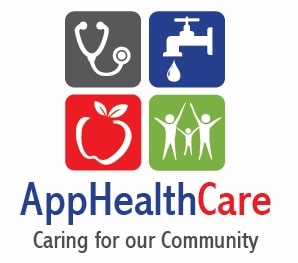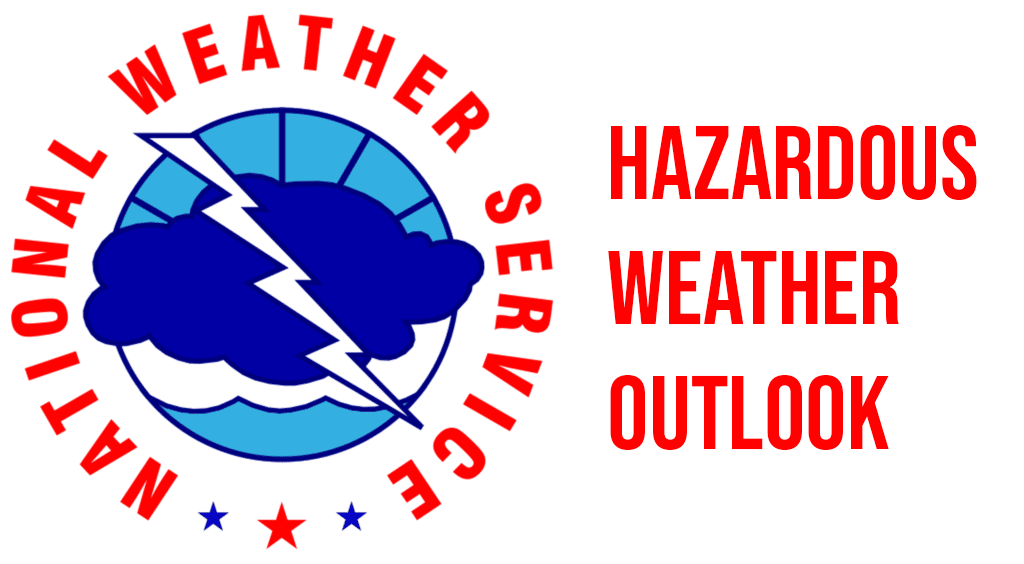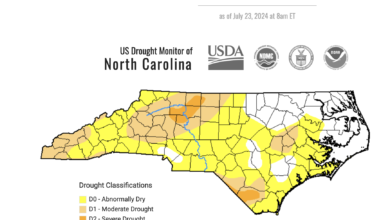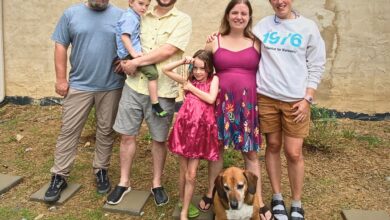
Last Updated on February 12, 2022 7:05 pm
Boone – AppHealthCare and Appalachian Regional Healthcare System (ARHS) are following the guidance for use of cloth masks or face coverings by the general public as issued by the recommendations recently issued by the CDC. The CDC recommends “wearing cloth face coverings in public settings where other social distancing measures are difficult to maintain (e.g., grocery stores and pharmacies) especially in areas of significant community-based transmission.”
“We know that community transmission is occurring in North Carolina and even though we have a lower number of identified cases in our communities at this time, we believe additional tools should be added to our toolbox to help lessen the effects of COVID-19. The use of cloth masks or face coverings by the general public should not replace social distancing and other everyday prevention measures like handwashing, covering your cough or sneeze or staying home when you are sick,” stated Jennifer Greene, Health Director, AppHealthCare.
“The use of cloth masks makes so much sense toward combating the spread of COVID-19. As such, we encourage everyone to use them, particularly in public locations where social distancing is difficult to maintain,” stated Rob Hudspeth, Senior Vice President for System Advancement, Appalachian Regional Healthcare System (ARHS).
The use of cloth face coverings will not protect you from other people’s germs. It is meant to protect other people in case you are infected. This would be important if someone is infected with COVID-19 but does not have symptoms. According to the CDC, recent studies have suggested that COVID-19 may be spread by people who are not showing symptoms (asymptomatic or presymptomatic). This is why it remains important for people to stay home as much as possible and only go out for essential trips.
Important Points about Cloth Masks and Face Coverings
- They should cover your nose and mouth.
- They can be worn when out in public where you may be near people like grocery stores or pharmacies.
- They are not a substitute for social distancing. People should still keep 6 feet of distance and stay home to the greatest extent possible.
- They can be made from household items with common materials at low cost.
- They should not be used on children under the age of 2, people who have trouble breathing or anyone who would be unable to remove the covering without assistance.
- They should be routinely washed depending on the frequency of use. You can wash the face covering in the washing machine.
- After you remove a cloth covering from your face, you should be careful not to touch your face and wash your hands immediately after removing.
Due to the short supply of personal protective equipment (PPE), surgical masks and N95 respirators should be reserved for healthcare workers and other first responders. A healthcare worker or first responder should continue to use surgical masks and N95 respirators since these provide better protection from infectious diseases.
The CDC provides guidance on instructions for how to make a cloth face covering for both sew and no sew options and using materials like fabric, t-shirt, and bandana. You can also view a how-to video by Dr. Jerome Adams, U.S. Surgeon General.
We are encouraging people to protect themselves to help lessen the spread of COVID-19 in our communities. There are many ways we can all protect ourselves and our communities.
How to Protect Yourself
- Practice social distancing which means avoiding gatherings of more than 10 people, keeping 6 feet or more between you and others and remaining at home to the greatest extent possible
- Frequent hand washing
- Stay home when you’re sick
- Keep distance from others who are sick
- Avoid touching your face
- Clean and disinfect high touch surfaces in common areas like doorknobs, remotes, lightswitches, tables and handles
- Wear cloth mask or face covering when out in public where you may be around people like grocery stores or pharmacies
If you have surgical masks or N95 respirators and are willing to donate them, they can be dropped off at the front entrance of Charles A. Cannon, Jr. Memorial Hospital in Linville or at the security checkpoint at Watauga Medical Center in Boone.
We appreciate those in our community who are willing and able to make homemade face coverings.
For more information, visit www.AppHealthCare.com or apprhs.org.
AppHealthCare is available and on-call 24/7 to respond to public health emergencies. To reach us, call (828) 264-4995 anytime and follow the prompts. We will continue to monitor COVID-19 in our community and will work to keep the public informed. Please visit our website for more information – www.AppHealthCare.com. You can also follow us on Facebook and Twitter.
Additional Resources
Centers for Disease Control & Prevention (CDC) website at cdc.gov/coronavirus.
North Carolina resources can be found on the Division of Public Health website at ncdhhs.gov/coronavirus. To view the case count for North Carolina, including a county map, please visit the NC DHHS website here.
A COVID-19 toll free helpline has been set up to answer general, non-emergent questions at 1-866-462-3821. To submit questions online, go to www.ncpoisoncontrol.org and select “chat.”














